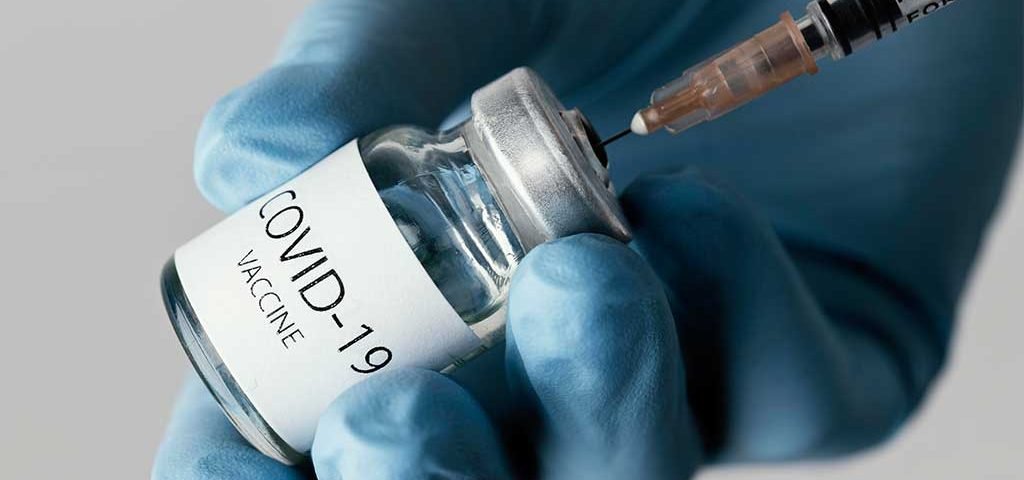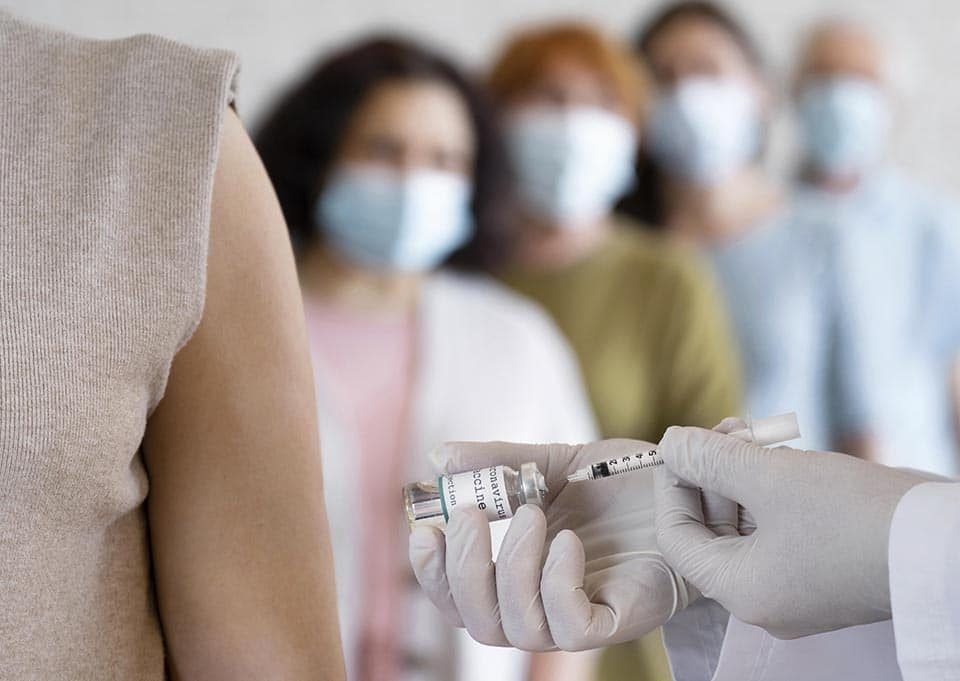Is the COVID-19 vaccine effective on new variants?
There are various rumors about the inefficacy of the COVID-19 vaccines. Therefore, some people prefer not to receive any vaccine. However, are they right? Are the new COVID-19 variants more potent than the vaccines? What is the solution to stay safe? Do not worry! You are not the only one to have all these questions!
This blog intends to explain why vaccines are vital for society’s health, mentioning different studies and observations, and tips to help reduce the distribution of new COVID-19 variants.
Should we be concerned about new COVID-19 variants?
Viruses tend to suffer some changes in their code as they are transmitted from one to another.
Often these alterations or mutations do not make any changes. However, occasionally a mutation will make some changes to a protein’s structure that directly affect how the virus behaves.
Such mutations make the new variant get ahead of relevant variants. However, most scientists assume that the COVID-19 vaccines will still be effective against new COVID-19 variants.
Coronavirus mutates slower than other viruses, for instance, influenza. However, since the pandemic’s beginning, a few significant mutations have altered the COVID-19 variants in the overall flow. In addition, further mutations were seen in the Cluster 5 variant based in Danish mink farms, the UK, and South Africa.
Are COVID-19 vaccines useful for new COVID-19 variants?
Even though the vaccines are based on the viral spike protein, the changes in structure originated by new mutations are relatively insignificant. This is because the body’s immune system recognizes different bits of protein. However, it is not unlikely that further mutations may make the current vaccines’ efficacy less. That’s why the WHO has alerted all the countries to monitor the virus sampling SARS-CoV-2 from patients.
What can we do?
As we reduce the number of infected people, the probability of appearing new COVID-19 variants is decreased. That’s because mutations tend to occur when the virus infects new hosts.
To do that, we should do:
- Social distancing
- Wearing a mask
- Use room ventilators
- Avoid crowds
- Wash hands
- Coughing into a tissue
However, there is absolutely no need for you to be concerned that the new variant reduces the vaccine’s efficacy; the vaccine can be easily adapted. This fact also stands for vaccines of newer technologies such as RNA and vector vaccines because they can be quickly modified. Scientists need to know how the virus is mutating and where the mutations are distributed to modify the vaccine.
How effective are the vaccines against the Delta variant compared with the Alpha variant?
Lab-based studies have claimed current vaccines are less effective against the Delta variant than the Alpha variant.
The Technical Briefing 13 analyzed 7,673 symptomatic cases were detected as B.1.1.7, while 2,934 cases were detected as B.1.617.2. The study reveals that after a single dose of the Pfizer or AstraZeneca Covid vaccines, a 17% absolute reduction in vaccine efficacy was observed against symptomatic B.1.617.2 compared to B.1.1.7. However, only a slight decrease was detected in vaccine efficacy after two doses.
Why should we get vaccinated if new variants of the COVID-19 virus have appeared?
Vaccines play a vital role in battling against the COVID-19 virus. There is nothing more life-saving than the vaccines we already have. However, we shouldn’t postpone getting vaccinated, as new COVID-19 variants are being generated. The vaccination should proceed even if the vaccines are somewhat less effective against new variants.
The vaccination process will proceed until we improve the vaccines we have in hand. This is not a personal deed, as we are safe while others are safe.
Let’s recap!
The behavior of new variants such as Delta is being studied, and no specific results are available yet. However, we should proceed with the vaccination process as it brings us safety, despite the less efficacy it may have.
One of the most effective vaccines up to now has been Moderna which is available throughout the US. In Nevada, Southern Nevada Occupational Health Center is one of the best alternatives to get vaccinated in a sterilized environment. If you have decided to get vaccinated, set an appointment on (702) 874-4769.




